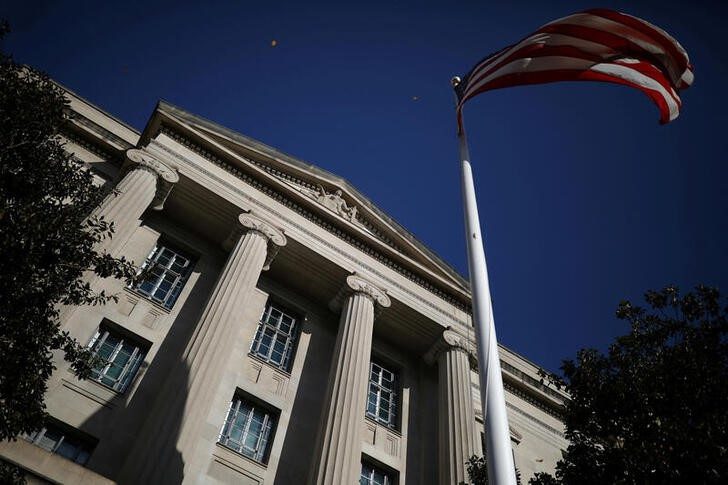Seattle – A federal judge sentenced Herdade Lokua, 34, and Jospin Mujangi, 32, of Kinshasa, Democratic Republic of Congo (DRC), to prison for their roles in trafficking wildlife products from DRC to Seattle. Lokua was sentenced to 20 months in prison and Mujangi was sentenced to 14 months in prison. Both men had pleaded guilty to conspiracy and Lacey Act charges on July 13.
At the sentencing hearing U.S. District Judge John C. Coughenour said, “The message must be conveyed that if you get caught you are going to jail…. This is an ugly trade in the body parts of majestic animals.”
The court determined that Lokua was the organizer of a trafficking operation involving more than five other co-conspirators whose goal was to ship a cargo container full of elephant ivory, white rhinoceros horn and pangolin scales to Seattle. Mujangi helped package the wildlife products and handled the financial details to process the payment through a Chinese bank and then back to DRC.
“Today’s sentence demonstrates that wildlife trafficking leads to prison, and that we are committed to prosecuting this crime,” said Assistant Attorney General Todd Kim of the Justice Department’s Environment and Natural Resources Division. “I commend our Homeland Security Investigations and DRC partners in stopping this trafficking ring before tons of protected wildlife products entered the illegal market.”
“Wildlife trafficking is decimating many species worldwide and has broader impacts to a country’s economic development and security,” said Special Agent in Charge Robert Hammer, who oversees Homeland Security Investigations (HSI operations in the Pacific Northwest. “HSI is proud of our international public and private sector partnerships who enabled the success of this investigation and will continue to leverage those partnerships to target and dismantle future trafficking organizations who seek profit over the risk of extinction.”
“The elephant in the room has been addressed today as Mr. Jujangi and Mr. Lokua receive their just rewards for trafficking illegal wildlife products,” said Special Agent Bret Kressin, IRS Criminal Investigation (IRS-CI), Seattle Field Office. “Conservation efforts on behalf of endangered and protected animals is critical to their continued survival, and IRS-CI is proud to work with our partners both domestically and internationally in order to safeguard these creatures.”
In their prior guilty pleas, both defendants admitted that, beginning in November 2019, they agreed to smuggle the wildlife products at issue to the United States. They worked with a middleman to negotiate the sales and coordinate imports to Seattle. Between August and September 2020, Lokua and Mujangi made several small sales to build trust with the buyers. They sent three packages containing approximately 49 pounds of ivory from Kinshasa. They arranged for the ivory to be cut into smaller pieces and painted black; the packages were then falsely labeled as containing wood.
Lokua and Mujangi acknowledged that in June 2021, they sent nearly five pounds of rhinoceros horn to Seattle using a similar scheme. Lokua discussed sending two tons of ivory and one ton of pangolin scales concealed in a shipping container. He stated that payment would have to be routed through a bank account in China before they could access the cash in Kinshasa.
Lokua and Mujangi admitted that they traveled to Seattle on Nov. 2, 2021, to meet with prospective buyers who were actually undercover federal agents. After negotiating the details for 4,900kg of ivory, 3kg of rhinoceros horn, and 1,500kg of pangolin scales, worth $3.5 million, agents arrested both men in Edmonds, Washington.
The investigation was part of “Operation Kuluna,” an international operation conducted between HSI Seattle, the government of the DRC and the U.S. Embassy in Kinshasa. After the arrests, the task force in DRC acted on information provided by HSI Seattle to seize 2,067 pounds of ivory and 75 pounds of pangolin scales in Kinshasa worth over $1 million, all contraband related to wildlife trafficking.
The Lacey Act is the nation’s oldest wildlife trafficking statute and prohibits, among other things, falsely labeling shipments containing wildlife. The United States, DRC and approximately 181 other countries are signatories to the Convention on International Trade in Endangered Species of Wild Fauna and Flora (CITES). CITES is an international treaty that restricts trade in species that may be threatened with extinction. CITES has permit requirements for protected wildlife, and the indictment alleges that the defendants did not obtain any of the necessary papers or declarations from DRC or the United States.
The CITES treaty has listed the white rhinoceros (Ceratotherium simum) as a protected species since 1975 and the African elephant (Loxodanta africana) since 1977. All species of pangolin were added to the CITES appendix with the greatest level of protection in 2017. All three mammals are threatened by poaching and habitat loss.
HSI Seattle conducted the investigation, with assistance from IRS Criminal Investigation. Senior Trial Attorneys Patrick M. Duggan and Ryan C. Connors of the Environmental Crimes Section with assistance from the U.S. Attorney’s Office for the Western District of Washington represented the government.
